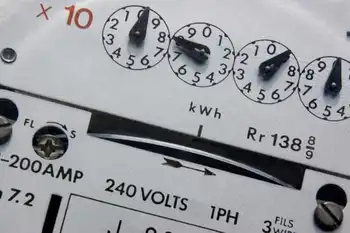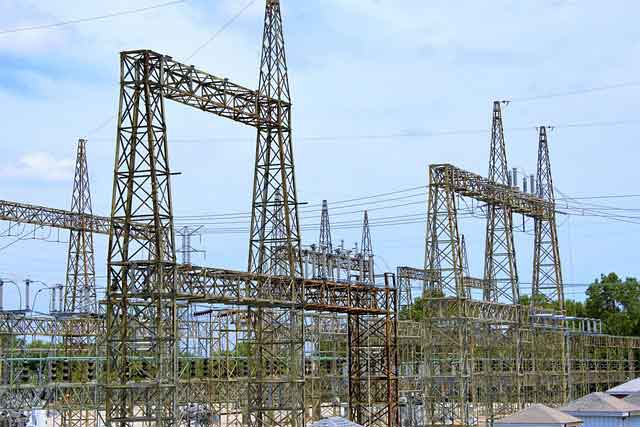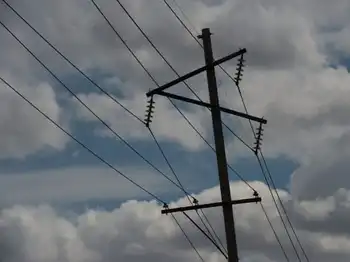Aging nukes, coal plants squeeze Ontario power
ONTARIO - The generators that churn out Ontario's electricity face a double-barreled challenge: A challenge of age, and a challenger of policy.
The challenge of age: The nuclear generators that crank out more than half the electricity used in the province are getting old.
Darlington – the newest station in the province – is middle-aged, and due for an extensive and expensive refit.
Pickering – the oldest – is deemed no longer worth refurbishing. It can last for perhaps another decade before being mothballed.
Pickering's lost output will be replaced by two new nuclear units to be built at Darlington. That process is likely to take a decade, and has already potholes.
Initial bids to build the plants came in billions higher than forecast, however. Then the federal government put Atomic Energy of Canada Ltd.'s future in limbo by putting it up for sale.
As the nuclear plants age, Ontario's Liberal government has made a policy decision that knocks another hole in the electricity supply.
The province says it will shut down all the province's coal-burning generating stations by 2014.
The plan is to replace the dirty coal power with clean, green energy from renewable sources, or to damp down demand so some if it doesn't have to be replaced at all.
The problem with that is cost.
Even in the midst of this year's hot, steamy summer, the price of conventional power on Ontario's wholesale market has averaged about 5.5 cents a kilowatt hour.
Prices being offered for renewable power are nearly triple that, or more.
There's one further problem, one of forecasting. Planners have over-estimated the demand for power in the past. As the economy evolves and conservation programs kick in, the demand for power – and for new generators – could shrink significantly.
Related News

Climate change: Greenhouse gas concentrations again break records
LONDON - The World Meteorological Organization (WMO) says the increase in CO2 was just above the average rise recorded over the last decade.
Levels of other warming gases, such as methane and nitrous oxide, have also surged by above average amounts.
Since 1990 there's been an increase of 43% in the warming effect on the climate of long lived greenhouse gases.
The WMO report looks at concentrations of warming gases in the atmosphere rather than just emissions.
The difference between the two is that emissions refer to the amount of gases that go up into the atmosphere from the use of fossil fuels, such…




